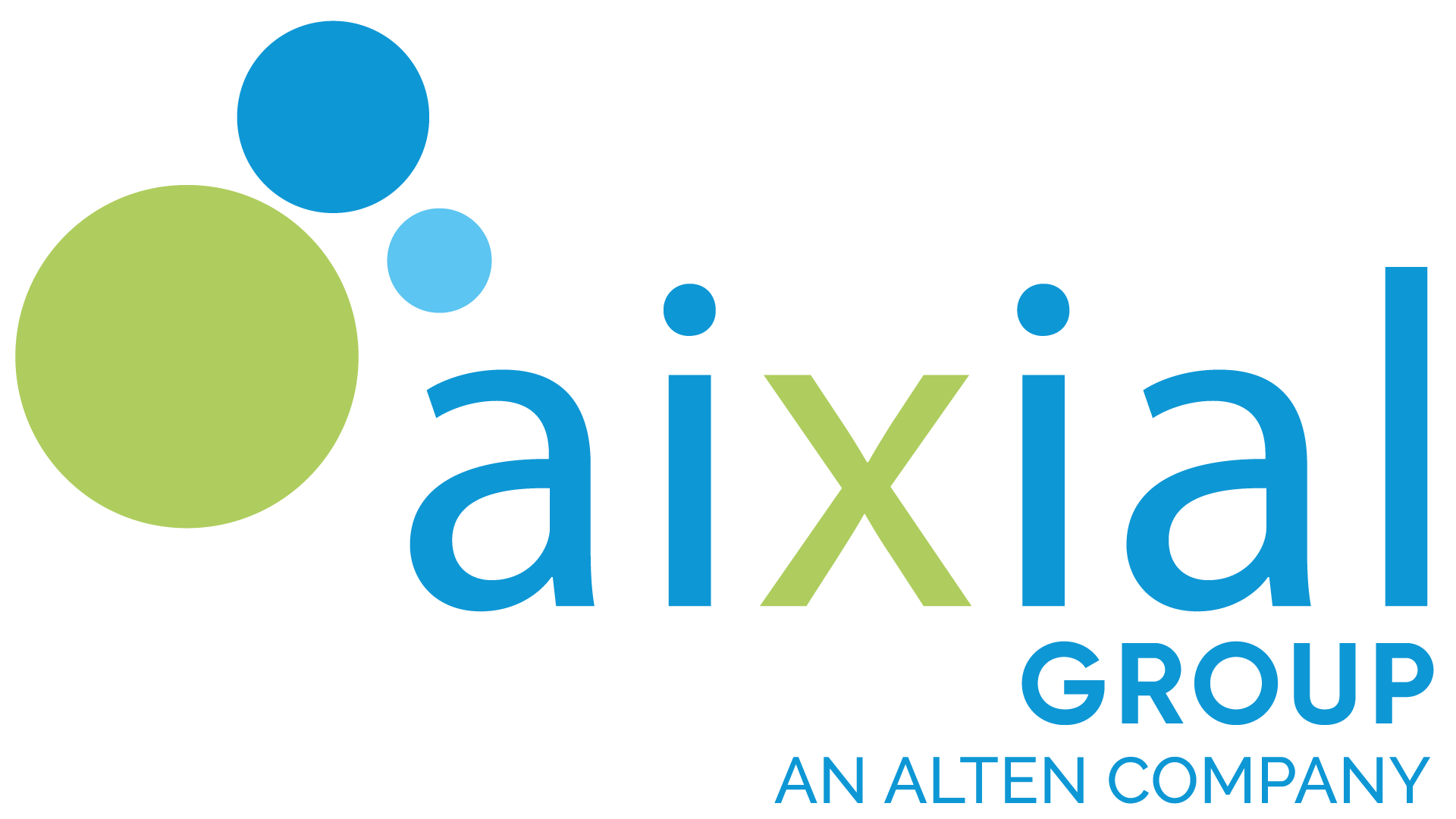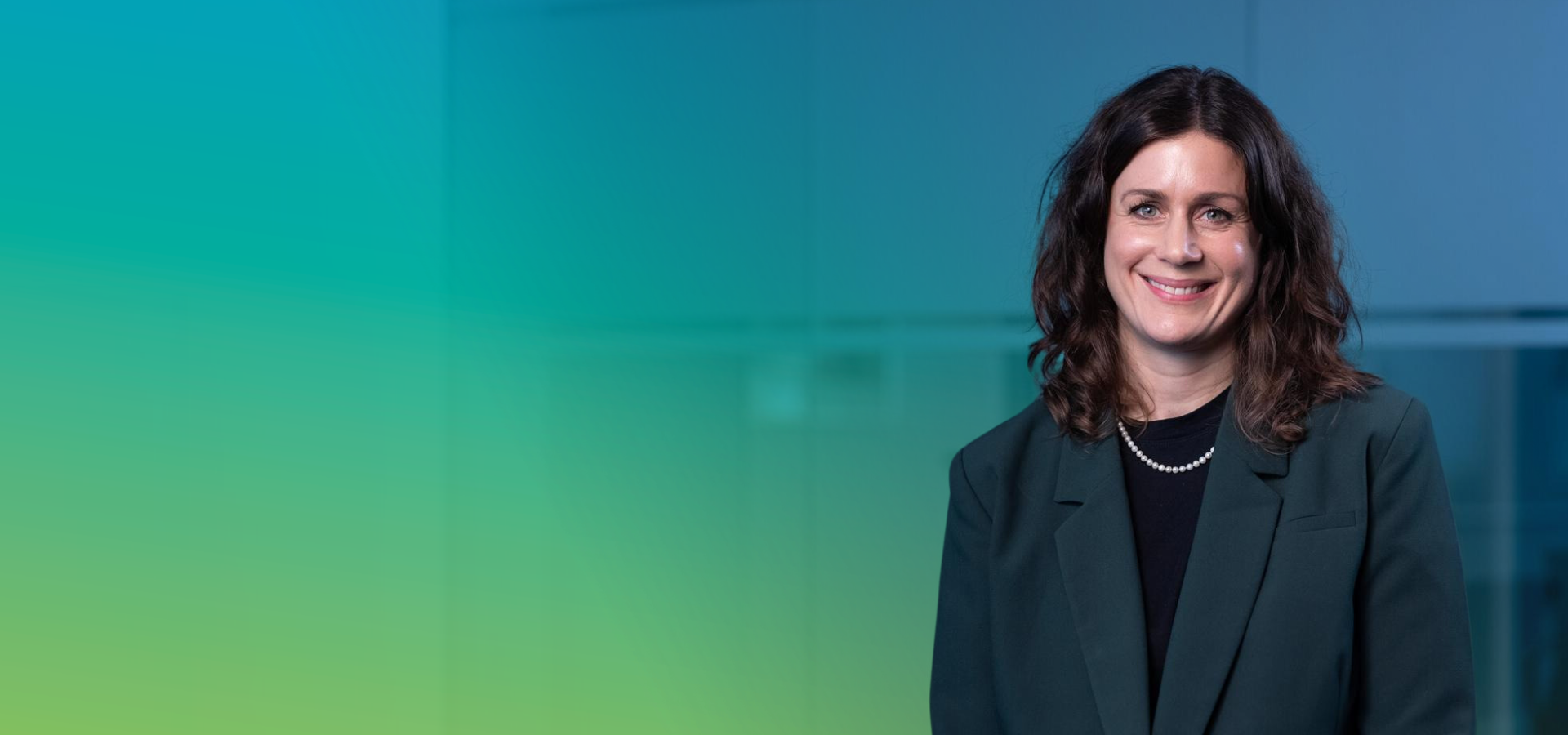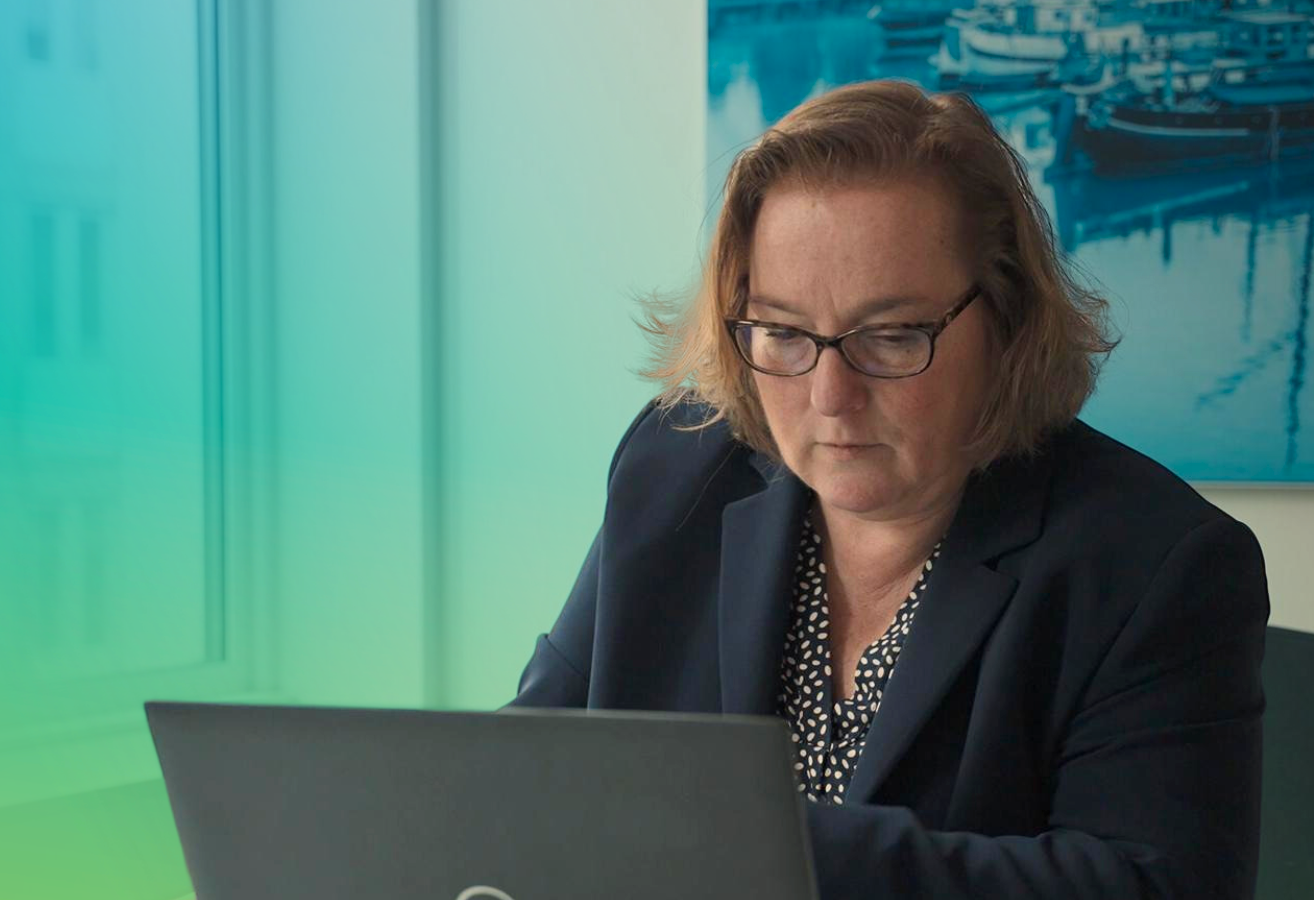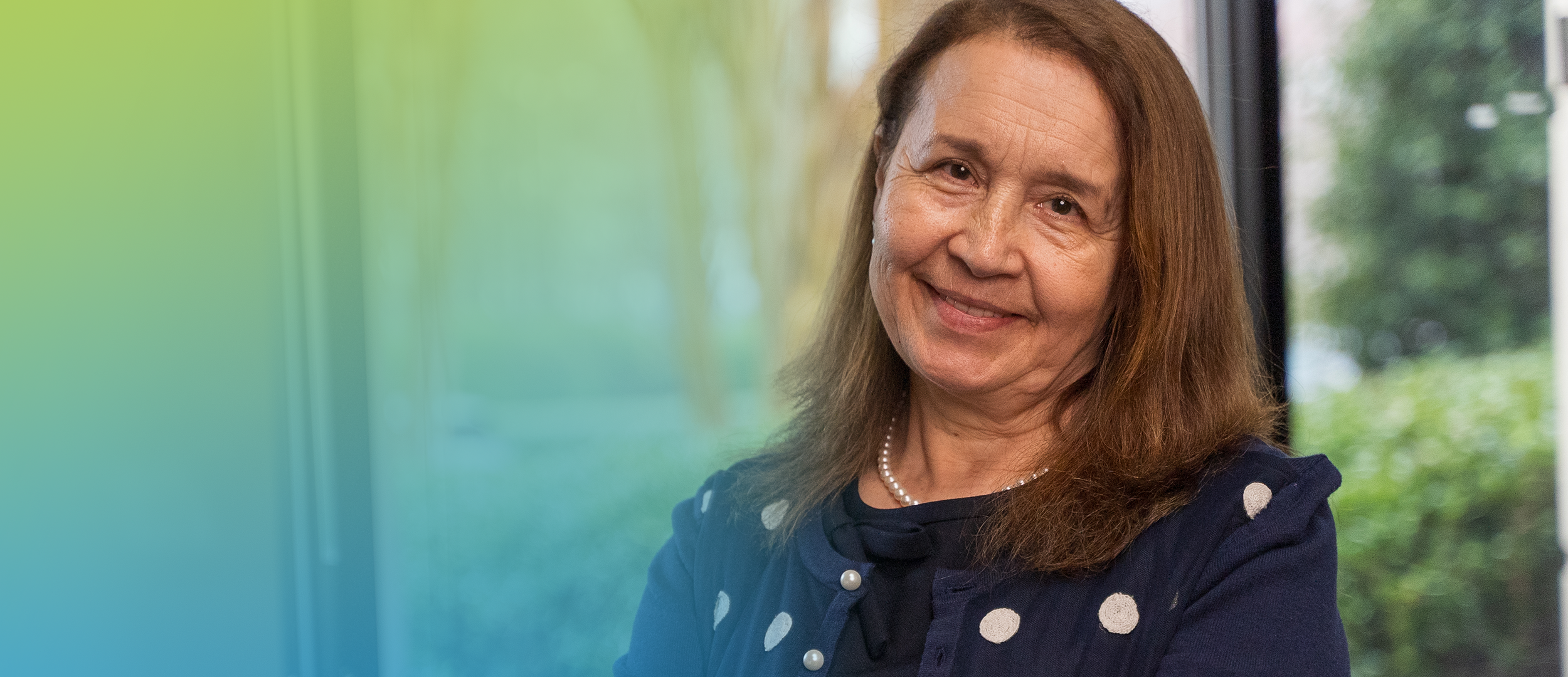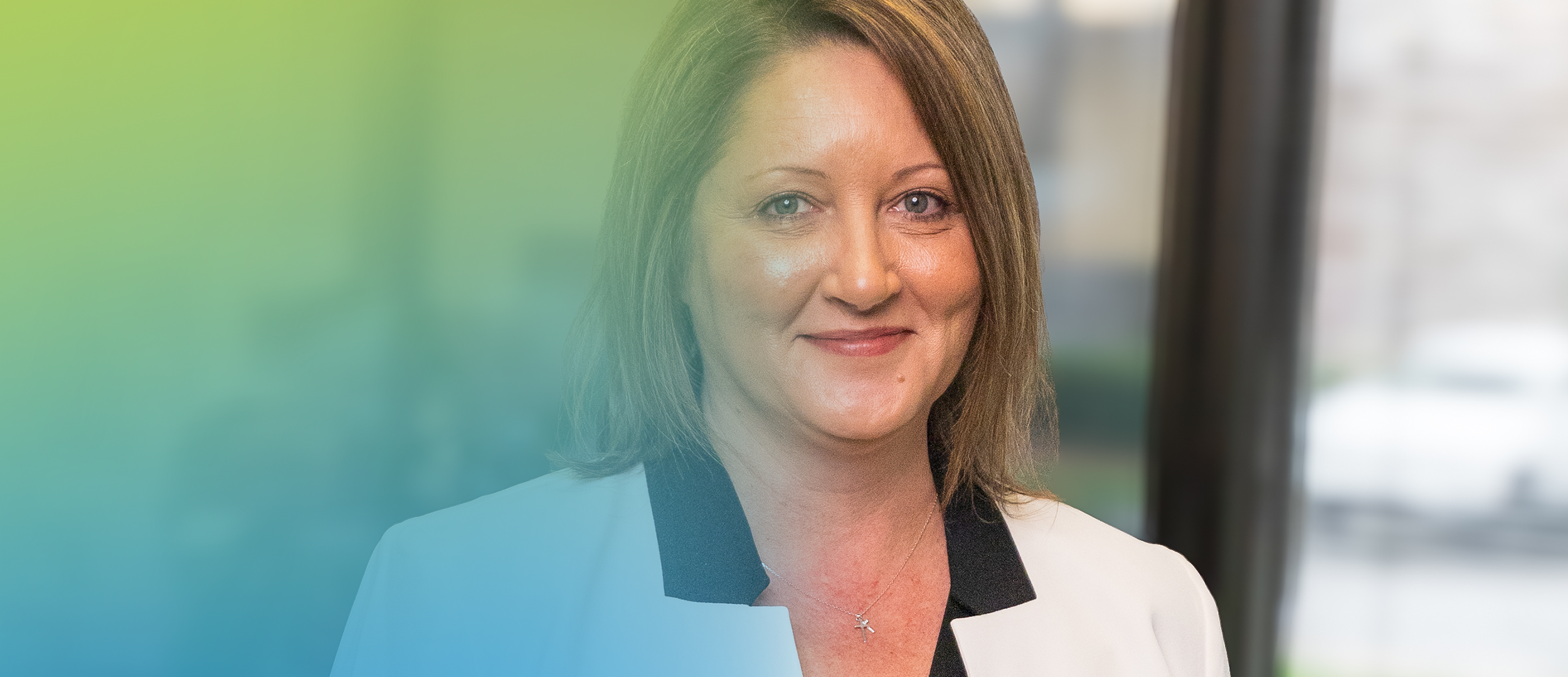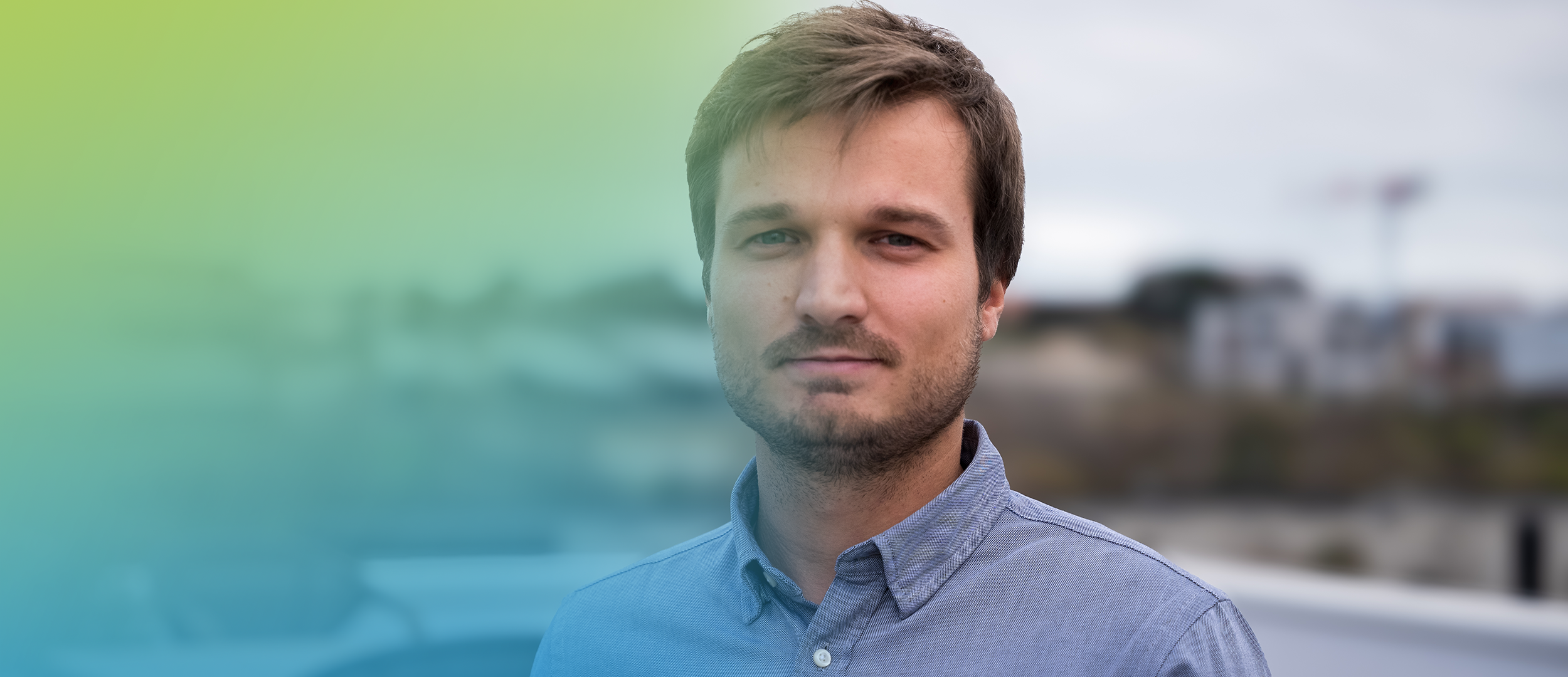Interview with Philip Andersen
The role of a Statistician
“Statistical consultant services are relevant in many places in the life science industry, we need evidence for everything in Life Sciences.”
What is your job position and how would you define it?
I work as a statistical consultant at Aixial Denmark. I sit at the client’s place and help them with their publications and their statistical analysis.
I am an expert in statistics and biostatistics within clinical trials, and I also have a background in health technology assessment where I work for a government agency. Basically, in health technology assessment, we seek to ensure that drugs are safe and efficacious. So, there’s a need to establish a reasonable relationship between price and how good the drug is and for this, we need statistics to infer how well the drug works in the general population. I also have a bit of background in manufacturing as well.

“Statistics can be used in almost all aspects of Life Sciences it is every time we need knowledge, we need to make experiments. And when we make experiments, we gather data, and then we need a statistician to tell us what we can infer from that.”
Philip Andersen, Statistician
When does your expertise come into the product’s life cycle?
My expertise is used in the late part of the product’s life cycle. Manufacturing has been done, and we have a finished product that we need to make sure on real patients that the drug product is safe and efficacious. And so this is always the end of the product’s cycle. Once the product is ready, any company or client will need to sell it and convince stakeholders that it is a good product. That’s where we come in. We create publications comparing our product with comparators to ensure we have a clear understanding of where we stand.
Why is your job position relevant at Aixial Group?
Statistical consulting services are relevant in many places in the life science industry. As I mentioned earlier, we need evidence for everything in Life Sciences, there is a high standard of evidence, whether it’s in manufacturing or whether it’s the outcomes for the patients.
At every step, we need to ensure that everything is going according to plan, that processes in the production are statistically validated, and that, in the end, when the patient receives the product, it is safe to use, properly produced, and that the drug compound is well researched.
How does your job or area of expertise stand out in the life sciences industry?
I think my expertise stands out in the life science industry because I have experience working both at the government level and at the industry level. So, I can see the perspective of multiple stakeholders which I think helps a lot because you are not only focused on the statistic part but you also understand that, for example, doctors who will read the documents may have a different focus or emphasis than you would. And that’s a good thing and it’s very important to be aware of that. So, I think that’s what stands out.
What are some current and future challenges or trends impacting your area of expertise?
We can see that many new drug products are being developed, which is a great thing. But it comes with the challenge that when we have to compare products with each other to pick the greatest one, it’s very difficult to make clinical trials that are always up to date with the most relevant comparators.
So, instead of doing what would be optimal, comparing directly with a competitor in a clinical trial, we often see comparisons with a placebo for example. And then we have to do various indirect methods to compare drugs, simply because it is not feasible from an economic and time perspective to conduct so many clinical trials when there are maybe 10 to 20 drug products in play in a given area.
